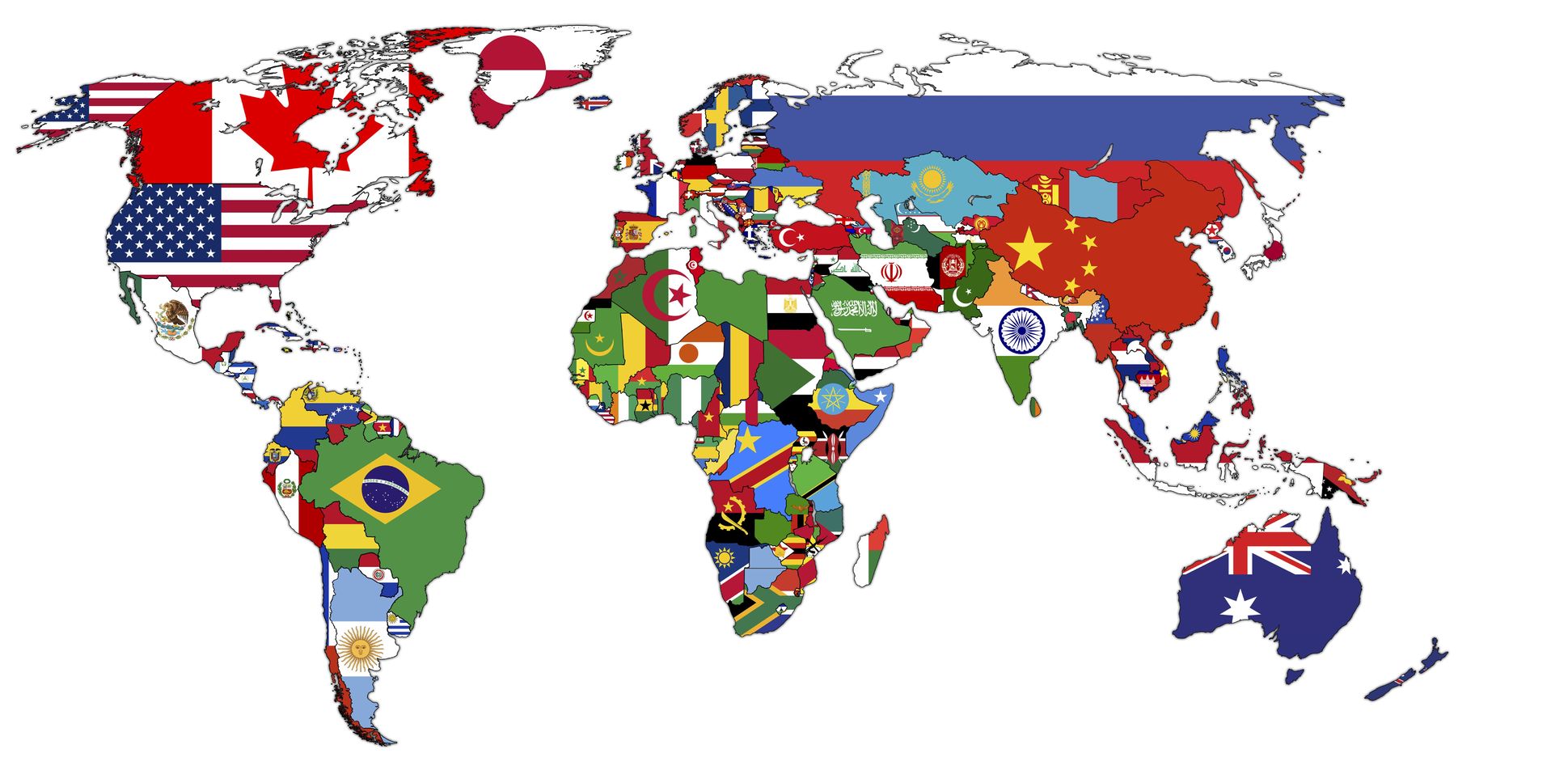English Catalan translations

We are experts in English - Catalan translation
Need to translate a technical, financial or sworn translation from English to Catalan or Catalan to English? Cosmolingo offers you the services of a group of 29 translators with over 6 years’ experience in this language combination.
We offer more - not only do we keep our prices low but we also strive to deliver your translations as fast as possible without having to make any urgency surcharge, whenever possible.
Use our online tool to upload the documents you need translated directly from our platform. You can also access the translations whenever you want.
For companies that need our language services on a frequent basis, we offer special terms for translations from English - Catalan or any other language. Contact one of our project managers and they will inform you about our services and gladly answer all your questions.
The Catalan language
Catalan, like Galician, is one of the Romanic languages of the Indo-European family, meaning that its origins go back to Latin. It is one of the official languages of Catalonia, along with Castilian, and the only one in Andorra. Although it is also spoken, albeit with some local variations, in Valencia, the Balearic Islands and a strip of Aragon, in these territories it is given diverse names due to political and nationalist issues which do not necessarily have anything to do with the language. (As a curiosity, the controversial name of «Catalan Countries» has been proposed to refer to all of them.) In practice, however, the distinctions between these dialects are rather subtle, since there are no precise geographical boundaries, except in the case of the islands, of course.
It is also spoken in some regions of France and Italy. It is currently estimated to have over 7 million speakers, apart from those people who understand it but are unable to speak it.
In Catalan we observe a historical evolution similar to that of Galician and Basque, in the sense that it underwent a considerable boom during the so-called Catalan Renaissance of the 19th century, becoming one of the workhorses of the nationalist movements in the early 20th century, and suffered tremendous repression during the Franco dictatorship until the linguistic normalization process was restarted with the arrival of democracy.
The coexistence of Castilian and Catalan today is no stranger to controversy and manipulation by political parties. In practice, although estimates of the number of people who speak it as their mother tongue, use it commonly or identify themselves with Catalan as opposed to Castilian vary according to the sources consulted, they all agree that Castilian is still the majority language even in Catalonia itself.

